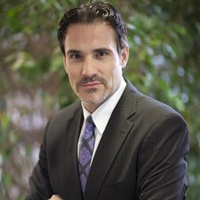Englewood Trusts Lawyer, Colorado
Marco Chayet
✓ VERIFIEDEstate, Trusts, Elder Law, Wills & Probate, Medicare & Medicaid
During law school, Mr. Chayet's grandmother, Letty Milstein, was the principle party in one of the most controversial and public elder law cases in th... (more)
FREE CONSULTATION
CONTACTFREE CONSULTATION
CONTACTFREE CONSULTATION
CONTACTM. Dee Biesterfeld
Business Organization, Estate Planning, Real Estate, Trusts
Status: In Good Standing


